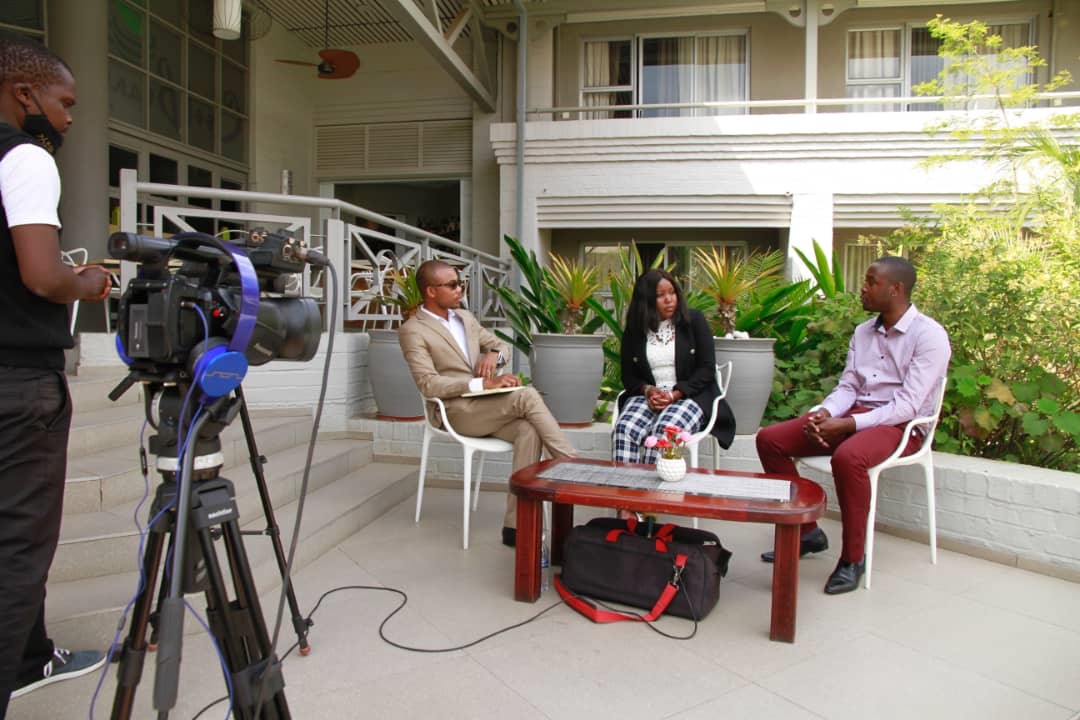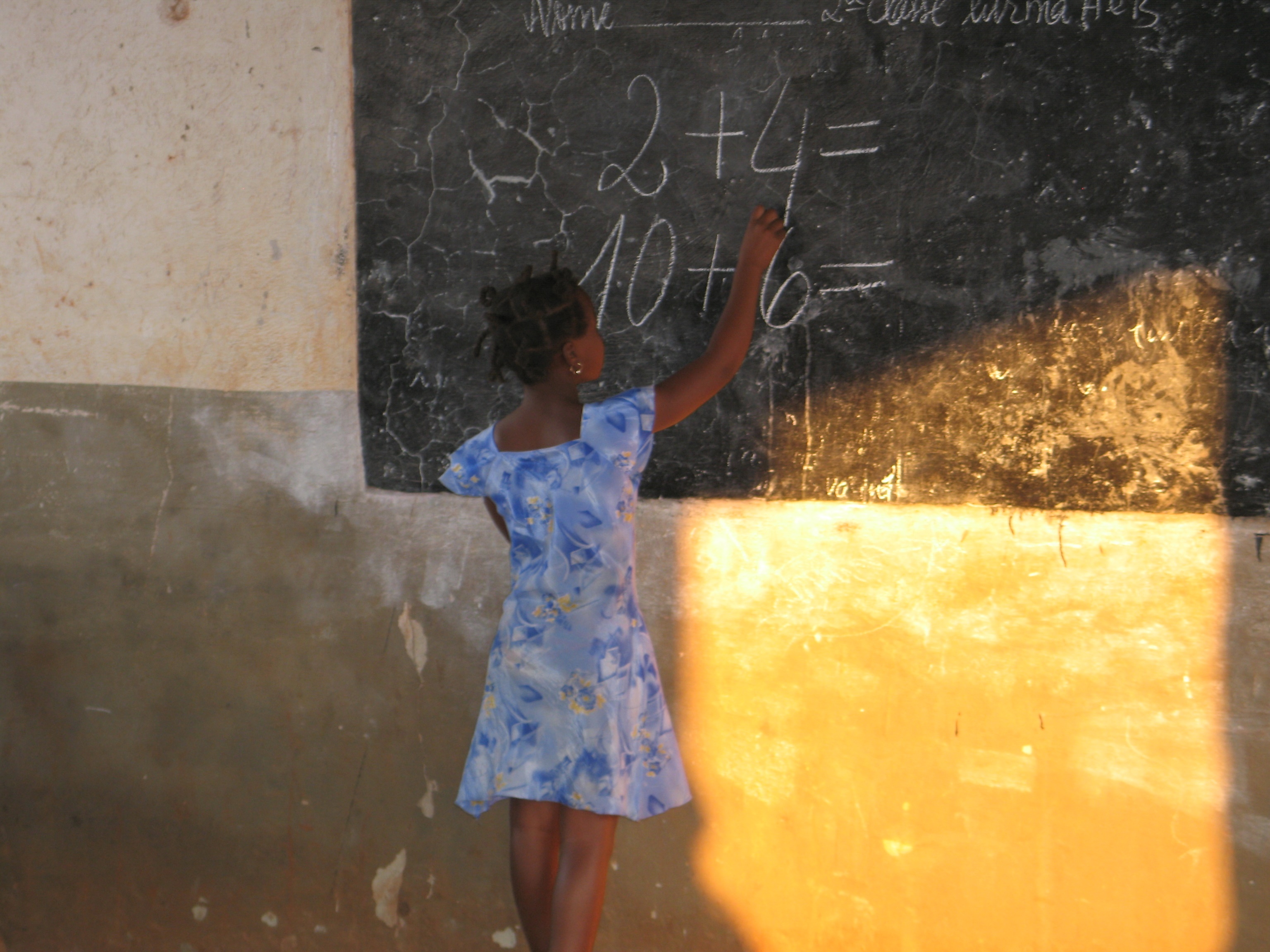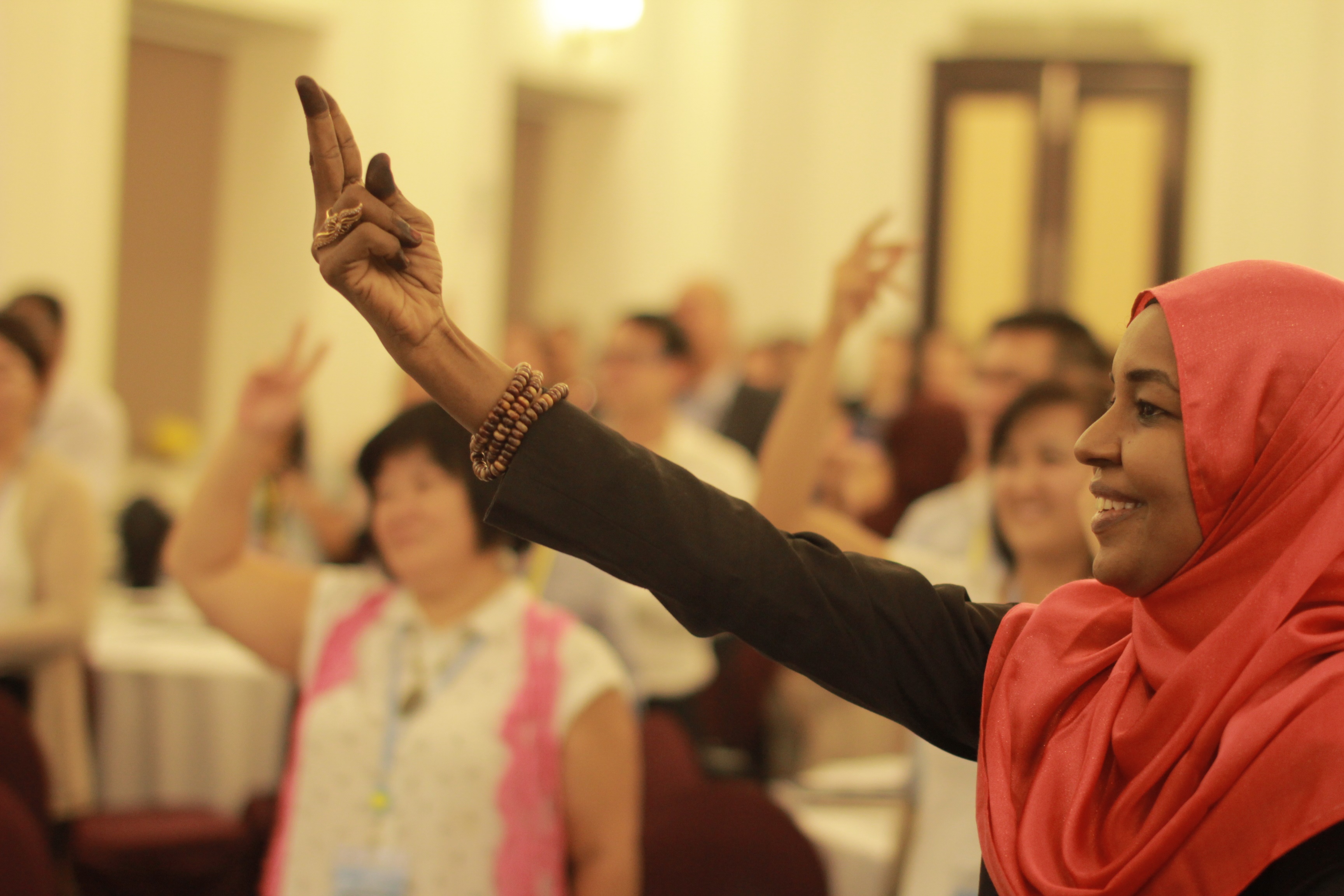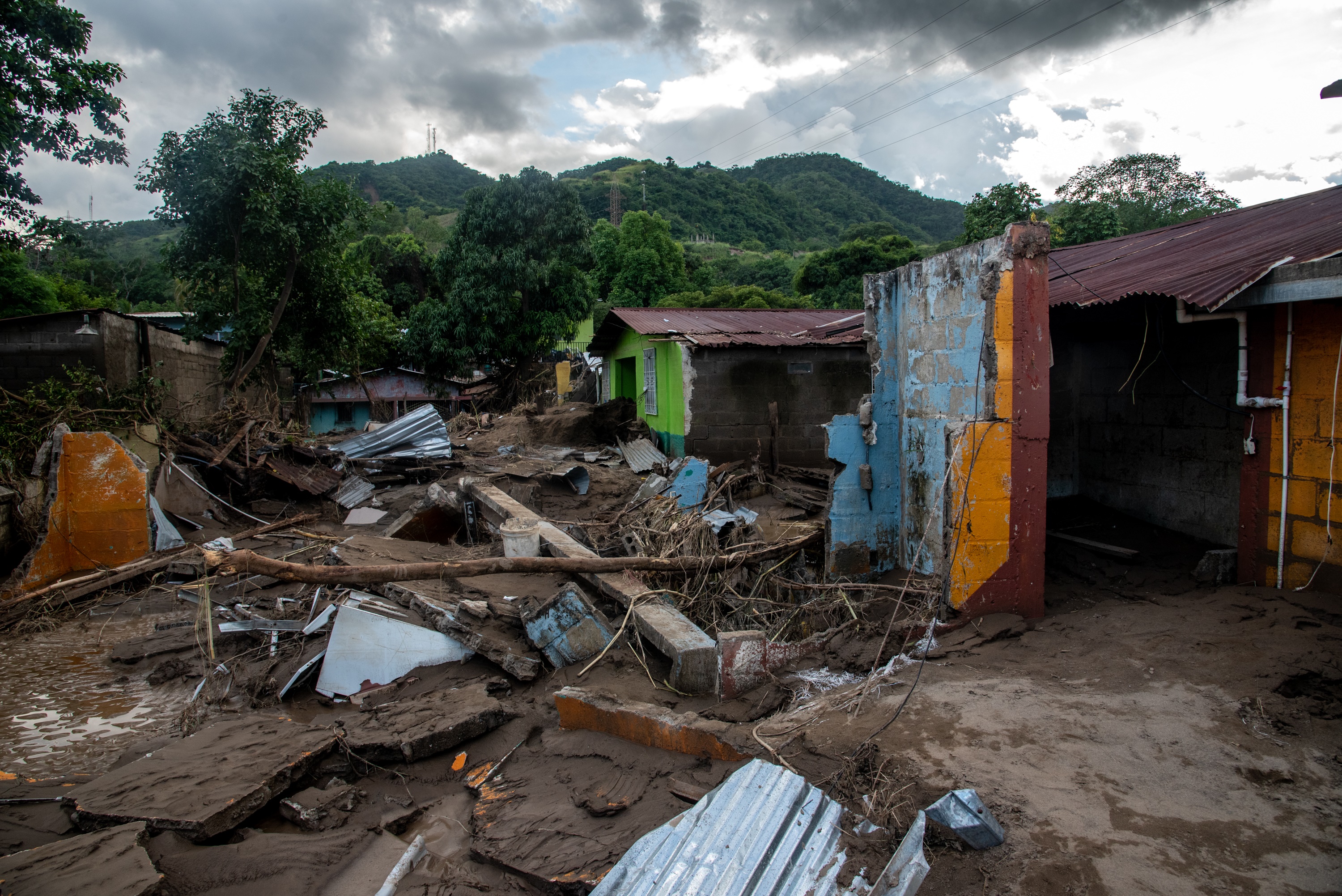Taking CSO campaigns to new heights: Education rights on national TV in Zimbabwe
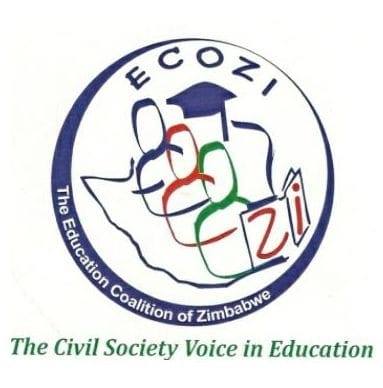
ECOZI – the national education coalition of Zimbabwe was established in June 2009.
ECOZI receives 300.000 USD over a 2-year period from Education Out Loud to work with education policy advocacy. ECOZI is one of the 54 national education coalitions currently receiving funding from EOL.
ECOZI is a Privat Voluntary Organization (PVO) network of organizations based all over Zimbabwe working within the education sector.
ECOZI is a democratically run coalition with a total of 54 member organizations.
ECOZI is member of the Education Coordinating Committee of Zimbabwe, the African Network Campaign on Education for All (ANCEFA) and Global Campaign for Education (GCE).
ECOZI works to unite civil society in Zimbabwe in the common pursuit of the right to quality, compulsory and free basic education for all and emphasizes publicly funded education.
ECOZI's website
In 2020, the implementation of the new Education Amendment Act begun in Zimbabwe. The Act addresses important issues not included in previous legislation such as corporal punishment, disability and girls’ education following pregnancy. ECOZI, the National Education Coalition of Zimbabwe funded by Education Out Loud, was one of the lead organizations engaging with the government and preparing amendments to the previous Education Act – making sure that the new Act was inclusive and secured rights for marginalized children.
It was a victory for ECOZI and Zimbabwe when the new Act was passed. But a problem remained. Advocacy and Communications Officer with ECOZI, Mercy Mangwana Mubayiwa, explains:
“It was not well known amongst most Zimbabweans - they had no idea what was going on with the new amendment. What were the changes? Which rights were ensured? We wanted to make sure that they knew that”.
In Zimbabwe, it takes long for news of policy changes to travel to remote regions. Changes are published in press releases by the authorities resulting in little if any engagement with the people affected by the changes. ECOZI wanted to address this:
“We thought; we need to popularize the Education Amendment Act. We need to break down the Act. The best way to do that was to engage with people through mass media. We decided, we would create a talk show” Mercy Mubayiwa says.
Airing on national TV
Every Sunday and Monday when you tune into the Zimbabwe Broadcasting Cooperation television channel, the talk show “Education 15” is aired. With the financial support of Education Out Loud, ECOZI created 13 TV episodes with different panels of CSO representatives, government officials and experts discussing topics related to the new Act.
“We sat down and looked at the key groups affected by the new Act. We decided which groups needed advocacy and which topics more awareness. And then we came up with an interview schedule for the episodes – each discussing a different topic from the Act” Mercy Mubayiwa explains.
It was important for ECOZI to reach people in all corners of the country and to involve organizations from all regions in the process of creating the talk show.
“We managed to shoot each episode in a different province. In Harare, for example, we filmed an episode about education and disability. We had representatives from organizations fighting for disability rights speaking directly to disabled students and their families on national TV. We discussed how to make sure that all schools in Zimbabwe have the facilities to accommodate students with disabilities. Enough classrooms, enough teachers” Mercy Mubayiwa recalls.
Learning Torch
Sharing advice and learnings
ECOZI's best advice to others:
Social capital and networking are the keys to ensuring change. You must use your social capital to hold those in power accountable, and to drive social change through them. It all begins with you breaking down the walls of the offices they hold and creating lasting professional relations, cognizant of the fact that they are ordinary human beings before being leaders and appealing to that makes them want to deliver.
They would like to learn:
Best practices on how to engage more in advocacy on the latest digital platforms including podcasting and listening through our social media engagement. Additionally, inspiration on how to enhance discussions and further feedback following our media campaign.
How do you plan a TV show?
It was clear for ECOZI that to really make the new Act matter, they had to reach a wide range of stakeholders: from policy makers and other organizations to parents and students. Planning a large media campaign and shooting a TV show requires extensive coordination. Coordinating with partner organizations from far away regions can be an additional challenge, Mercy Mubayiwa explains:
“The coordination was a bit hectic. But we used our network, our membership organizations and benefitted from collaborating with the Zimbabwe Child Rights Coalition which helped us coordinate and connect with new organizations”.
One of the most important aims of the campaign was to engage the government in the project and to make officials aware of their responsibility for implementing the new Act.
“It is quite difficult to get government entities involved when you are planning something to do with shooting video and speaking directly to the public. We succeeded with engaging government officials in the show by using our links with the ministries and the fact that we are working with them on various other projects. We managed to get them on board” Mercy Mubaryiwa proudly highlights.
Education for all children in Zimbabwe
Since the first TV episode aired in December 2020, word of mouth has helped spread news of the Act: “We have received very positive initial feedback from our member organizations and the general public. As the episodes are airing, we have people coming up to us saying: Hey, I have seen you on television!” Programme Manager, Clemence Nhliziyo explains smilingly.
The plan now is to broaden the reach of the campaign even more by collaborating with other TV channels and reaching out to stakeholders via YouTube and social media platforms – all to make sure that the new changes get out to everyone.
“We want to create an advocacy platform and make sure that everyone knows about the Act so that we see the actual changes on the ground. Our goal is, that when you walk into a school and ask about corporal punishment, disability rights or girl’s education following pregnancy, students know their rights and teachers knows how to implement the latest changes”.
Mercy Mubaryiwa takes a pause and adds:
“At the end of the day what we work towards every single day is getting to a point where every child in Zimbabwe has access to inclusive, quality education. Without limitations and regardless of their economic situation, where they are from in the country or who they are”.
Education Amendment Act in Zimbabwe
The Act came into force in May 2020.
In the process of identifying gaps in the previous Education Act, ECOZI was one of the lead organizations representing civil society in proposing relevant amendments to the previous Act.
The Act secures a long list of rights for pupils and protects marginalized groups in the education system which were not included in the previous Education Act. This includes protecting children from being suspended excluded, expelled, or discriminated against because of pregnancy, race, gender, religion, and many other circumstances which creates marginalization.
The Act has included measures on adult education ensuring that adults who have not completed basic education have the right to access education for free.
The Act addresses corporal punishment in schools and prohibits teachers from punishing and mistreating students both physically and psychologically.
The Act states that every registered school shall provide infrastructure and resources suitable to use for students with disabilities.
